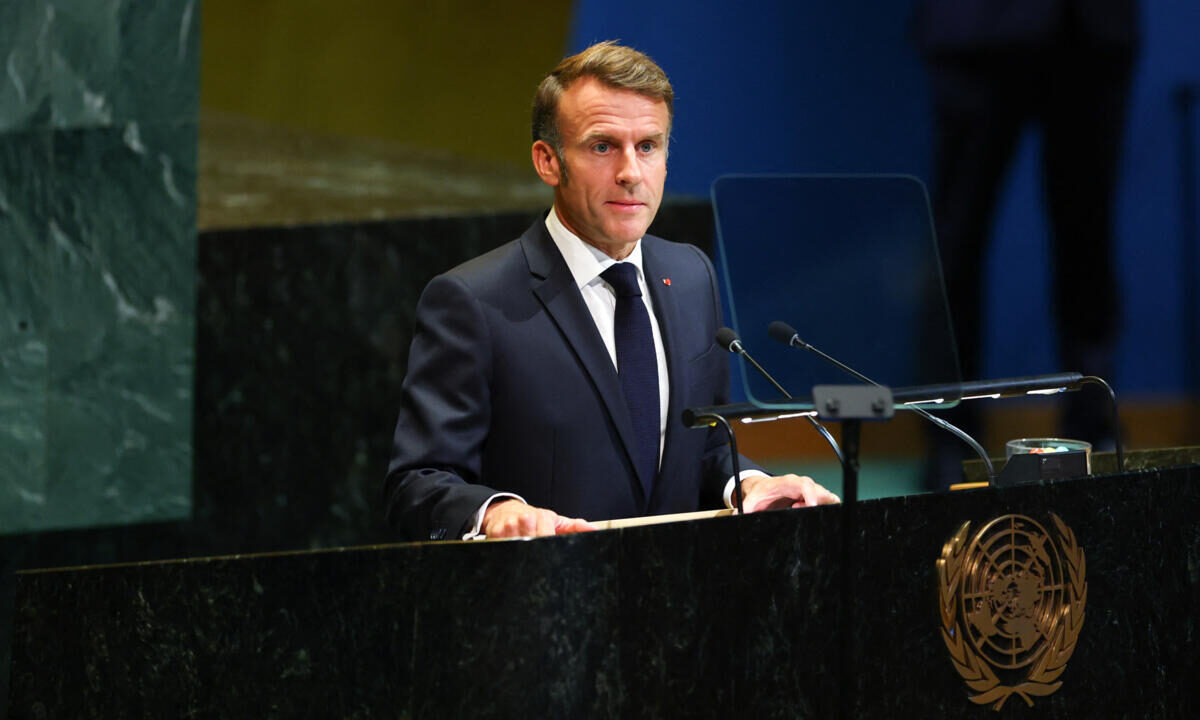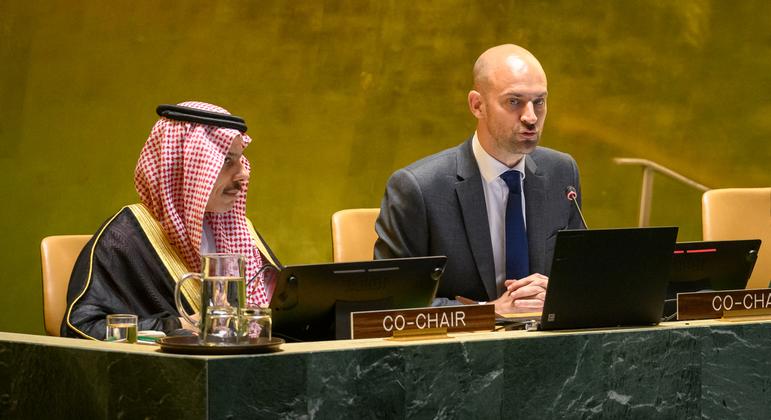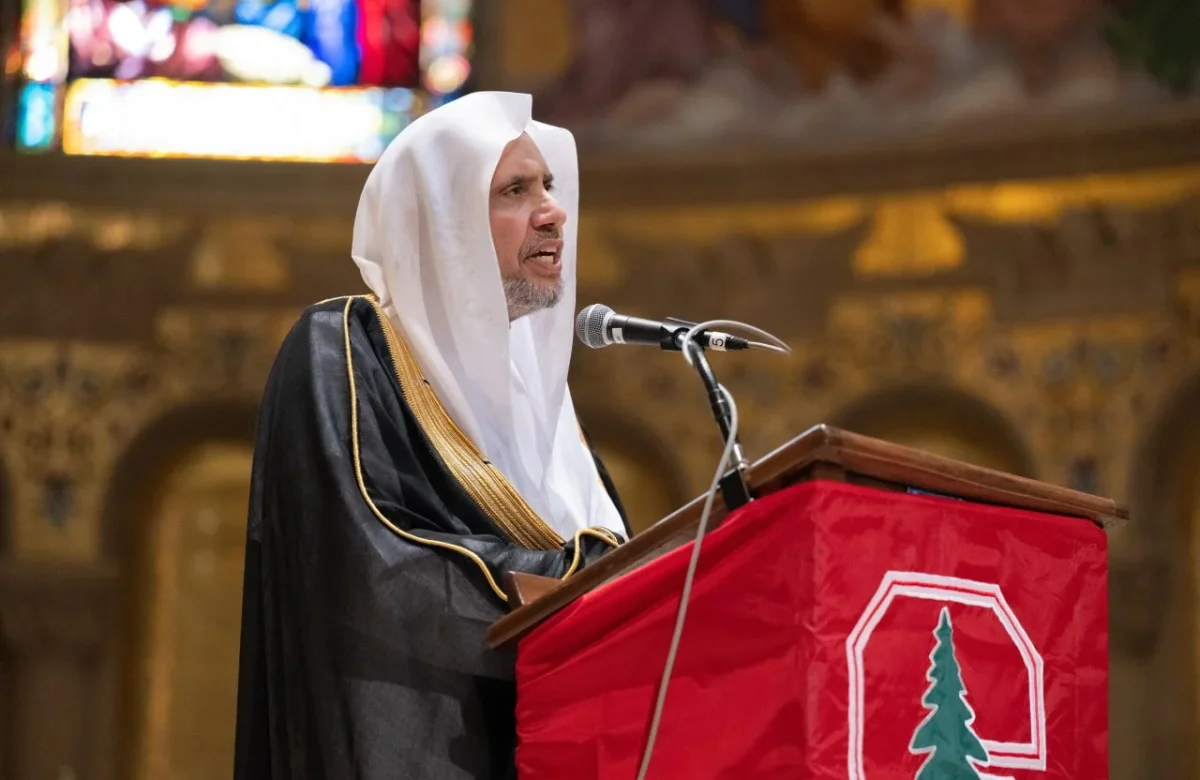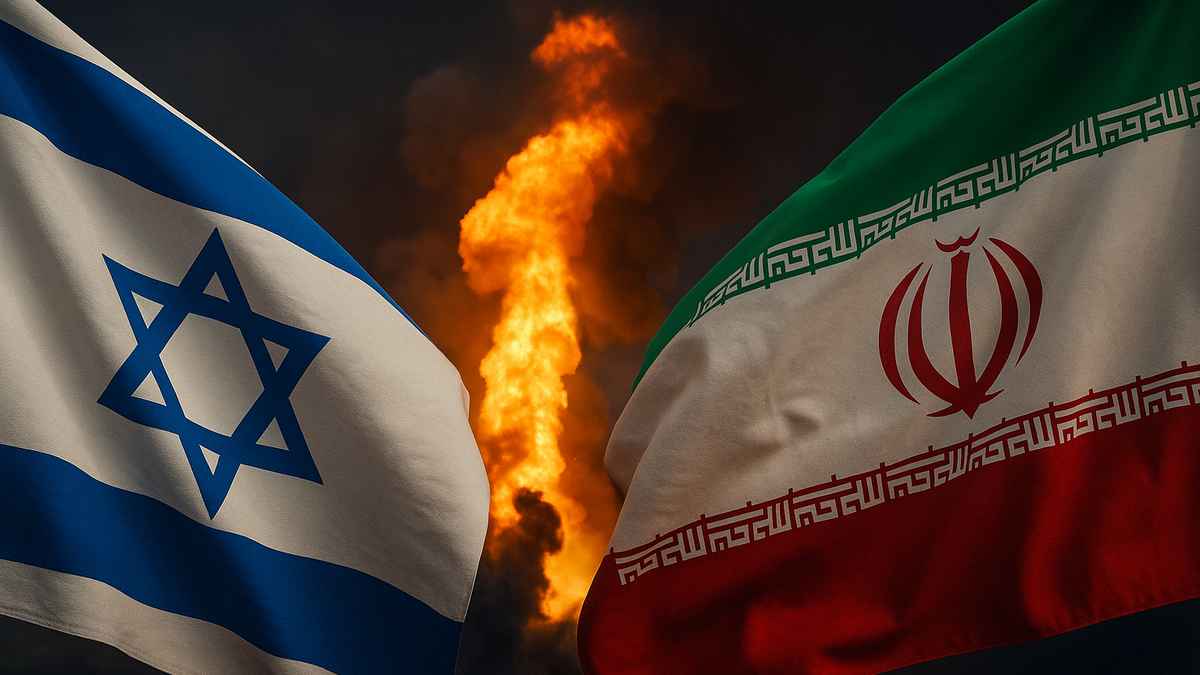
Escalating Conflict Highlights Risks to Regional and Global Peace
- Article
- July 23, 2025
- No Comment
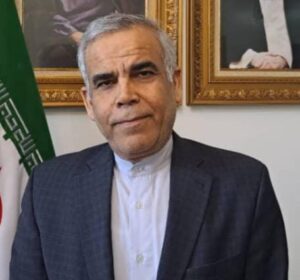
In the early hours of Friday, June 13, 2025, the Israeli military launched coordinated strikes against civilian infrastructure, residential areas, and nuclear facilities in the Islamic Republic of Iran—facilities that remain under full supervision of the International Atomic Energy Agency (IAEA). The attacks, reportedly supported by U.S. military and intelligence resources and some Western allies, resulted in the deaths of 1,100 civilians, including 132 women and 45 children, and left over 5,700 injured.
This act of aggression represents a clear violation of international law, the United Nations Charter, and humanitarian conventions. It also raises urgent concerns over the integrity of the global non-proliferation regime, particularly as Iran—an NPT signatory—has maintained a peaceful nuclear program under continuous IAEA oversight.
A New Precedent in Nuclear Tensions
For the first time in history, two nuclear-armed states—one a declared nuclear power and the other, Israel, a non-signatory to the NPT—have conducted military operations against a non-nuclear-weapon state operating within legal frameworks. The implications for global nuclear governance and international security are profound. The UN Secretary-General has rightly described the Israeli strikes as a direct threat to international peace.
Nuclear-Free Middle East: A Proposal Undermined
Iran has long championed the establishment of a nuclear-weapon-free zone (NWFZ) in the Middle East, advocating for regional disarmament. This vision has received broad support among Middle Eastern nations, who view Israel’s undeclared nuclear arsenal as a destabilizing force. The recent conflict undermines diplomatic efforts toward regional non-proliferation and escalates military tensions.
Iran’s Right to Self-Defense
In response to the aggression, and invoking Article 51 of the UN Charter, Iran acted in self-defense by targeting Israeli military installations. This retaliatory action challenged long-held assumptions about Israel’s “absolute security” and demonstrated Iran’s resolve to protect its sovereignty. The events reaffirm a historical truth: while Iran does not initiate conflict, it has always stood firm in the face of invasion and will continue to defend its territorial integrity.
Longstanding Impunity and Regional Instability
The broader context of regional insecurity is closely tied to what many consider decades of international inaction regarding Israel’s occupation of Palestinian territories. Allegations of apartheid, displacement, and, most recently, actions described by some as genocide in Gaza, have further eroded stability across the region. Unchecked impunity over the last seventy years has deepened mistrust and perpetuated cycles of violence.
Reassessing the Path to Peace in Palestine
The path to resolving the Palestinian crisis lies not in outdated frameworks, but in acknowledging the rights of all indigenous peoples—Muslims, Jews, and Christians—to self-determination. The two-state solution, declared defunct by many analysts since the 2000 Camp David summit, has lost traction, especially following Israeli legislative moves that prioritize Jewish identity over equal citizenship.
Any resolution must begin with the end of occupation, the restoration of rights, and a collective effort to pursue justice that includes—not excludes—the voices of Palestinians.
Call for Global Action and Accountability
As tensions mount, it is essential that the international community recommits to upholding international law, preserving regional stability, and preventing further escalation. Genuine dialogue, mutual respect for sovereignty, and the abandonment of double standards must guide global diplomacy moving forward.
“About the Author”
Mehran Movahed far is the Consul General of the Islamic Republic of Iran in Lahore, a position he has held since December 2023. A seasoned diplomat, Mr. Movahed Far has served in key cultural and political roles across Europe and Central Asia, including as Iran’s Cultural and Press Attaché in Kazakhstan and Cultural Ambassador in Paris and Berlin. With a distinguished career in foreign service, he is recognized for his dedication to cultural diplomacy, bilateral engagement, and the promotion of intercultural dialogue. His work continues to focus on fostering meaningful connections between Iran and its international partners.
Thank you for reading! For comprehensive Article, news coverage and exclusive stories, visit SafartiTarjuman.com


